INVESTORS TRUST BLACK LABEL CAPITAL FUND I
Since 2018, Black Label Capital has been providing consistent returns to accredited investors through private real estate debt. Developers seek our financing options due to our ability to provide a unique skill set that traditional banks struggle to match. As an asset-based lender, we utilize common sense underwriting techniques to evaluate opportunities, allowing us to make fast and flexible decisions and close loans in a matter of days, not weeks.
We specialize in business purposes, 1st lien position loans collateralized against residential and commercial real estate throughout the United States. Our loans are primarily intended for property developers and investors who are planning to construct, renovate, or improve properties and then either sell them for a profit or convert them to income-producing properties in their portfolio.
Black Label Capital has established a history of performance by originating high-quality loans, typically generating double-digit returns for our investors and building a reputation as an innovative leader in the private lending industry. This level of efficiency and reliability is what makes private lending a desirable option for real estate investors seeking financing for their projects, and capital investors seeking consistent, passive returns.
NET RETURN TO INVESTORS
| Q1 | Q2 | Q3 | Q4 | NET RETURN | |||||||||
| JAN | FEB | MAR | APR | MAY | JUN | JUL | AUG | SEPT | OCT | NOV | DEC | ||
| 2023 | – | – | 0.60% | 0.76% | 1.03% | 1.07% | 1.11% | 1.08% | 1.34% | 0.94% | 1.12% | 1.09% | 10.13% |
| 2024 | 0.84% | 0.89% | 0.92% | 0.85% | 0.89% | 1.02% | 1.03% | 0.98% | 0.99% | 0.95% | 0.91% | 0.93% | 11.20% |
| 2025 | 0.84% | 0.63% | 0.93% | 0.88% | – | – | – | – | – | – | – | – | 0.00% |






